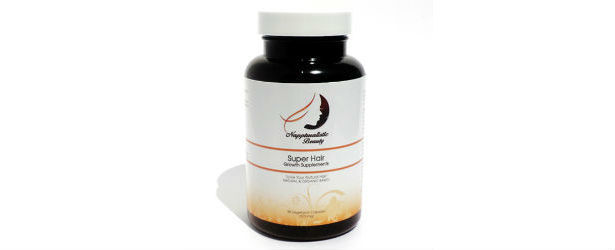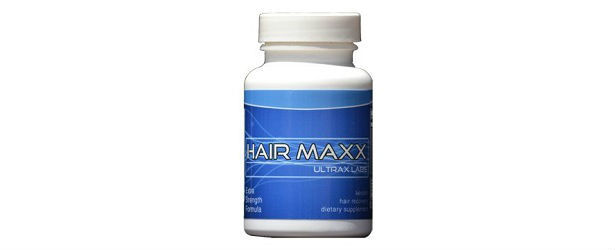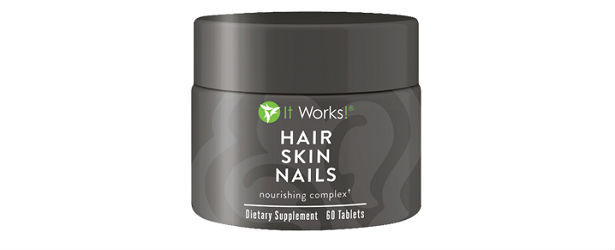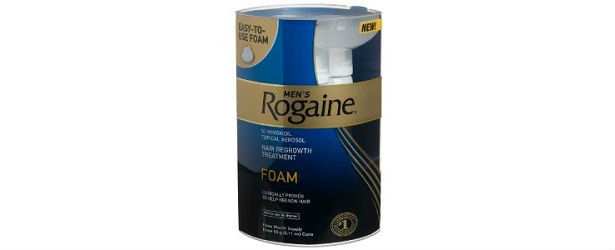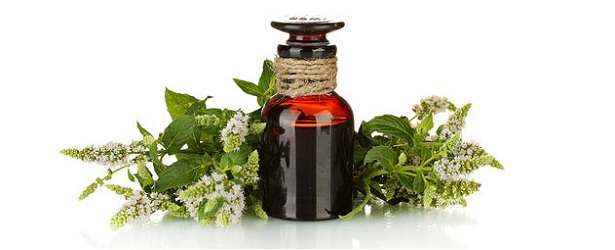
What You Need To Know About Tea Tree Oil And Your Hair
Tea tree oil, apart from being beneficial to your skin, can also be used as part of your hair care regimen to treat hair loss. However, before using tea tree oil to treat you hair, you should consult with a physician. Tea tree oil is good for your hair because it has the ability to clear up any clogged follicles by removing dead skin and it protects your hair from dandruff and any fungal or bacteria growth.
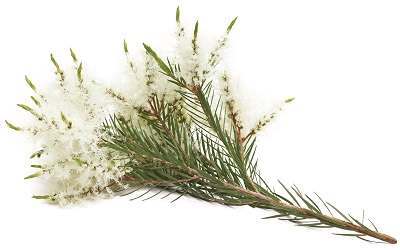 Your Scalp
Your Scalp
Dandruff and a condition called seborrheic dermatitis can cause problems for your scalp, resulting in dry, itchy skin. Overtime, this leads to a buildup of dead skin on the scalp that encourages hair loss. The use of a tea tree oil shampoo is considered a successful treatment based on scientific research. It has antifungal and antibacterial properties. This aids in healing your scalp from any microorganisms that have come in contact with your skin. However, while using tea tree oil shampoo minimizes a flaky scalp, there needs to be more research to conclude how efficient this is in the long run.
Scalp and Hair Health
Putting aside the possibility of having a conditioned scalp, hair that is not properly cared for may still lead to hair loss due to lack of nourishment. Many people unknowingly use products on their hair that lead to damage in the long run, such as chemical laden shampoos or extensive exposure to heat as a result of styling. The long-term effect of this results in extensive damage to your hair, because when hair lacks the sufficient moisture, it increases the occurrence of splits ends and brittleness. Tea tree to be used to prevent the buildup of residual product on your scalp and follicles, which will in turn encourage hair growth on your scalp. It adds moisture to your hair, while simultaneously inhibiting any excess oil from building up that may result in clogged follicles.
 Application and Dosage
Application and Dosage
Depending on your preferences, there are various application methods for using tea tree oil on your hair. Do keep in mind that different applications may suit different individuals. For sensitive skin that is prone to irritations, it’s recommended to use a diluted mixture of tea tree oil. Mix it with another oil that is bland, such as almond oil. Use a ratio of one to ten and then apply. Many commercial shampoos may include a certain amount of tea tree oil in their ingredients, ranging from five to ten percent. Make use of these examples to treat your hair with tea tree oil. But do bear in mind that following the directions as provided by a doctor or health care specialist is crucial.
Additional Considerations
People who experience hair loss as a result of autoimmune conditions will have to look into the required treatments. Tea tree oil cannot be successful for such conditions, or in cases of hair loss due to aging or genetics. It should kept in mind that if you experience a severe cases of dandruff or any other scalp condition, you ought to discuss treating your hair loss problems with tea tree oil with your doctor. Furthermore, remember that tea tree oil may not suit you. If your skin reacts in any negative way, by getting irritated or with a rash, stop the treatment immediately.
TOP 5
HAIR GROWTHTreatments |
|||||
| HairNu | Aviva Advanced Hair Nutrition | Har Vokse Hair Growth | J.F. Lazartigue | Simply Supplements | |
|---|---|---|---|---|---|
| 1 | 2 | 3 | 4 | 5 | |
| Price (1 bottle)
Price (6 bottles) Best Value |
$49.95 $139.70 |
$39.95 $119.89 |
$24.00 $134.00 |
$41.00 $221.40 |
$54.56 $294.62 |
| Overall Rating | 99.60% | 88.20% | 80.90% | 77.80% | 69.10% |
| Performance* |





|





|





|





|





|
| Speed of Results* | Extremely Fast | Good | Average | Average | Slow |
| Quality of Ingredients | Premium | Good | Good | Average | Average |
| Customer Satisfaction Evaluation | 99.00% | 86% | 80% | 75% | 66% |
| Safety Evaluation | Safe for Use | Safe for Use | Safe for Use | Safe for Use | Safe for Use |
| Customer Service Rating |





|





|





|





|





|
| Reorder Rate | Highest | Good | Good | Average | Average |
| Return Policy | Risk Free | Risk Free | Unopened Only | Unopened Only | Risk Free |
| Success Rate | 99% | 85.20% | 78% | 74% | 67% |

 Subscribe Now
Subscribe Now




